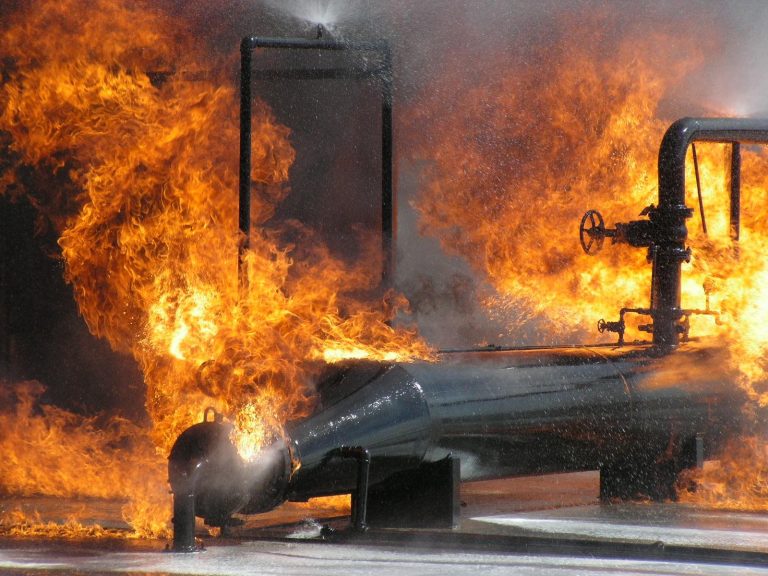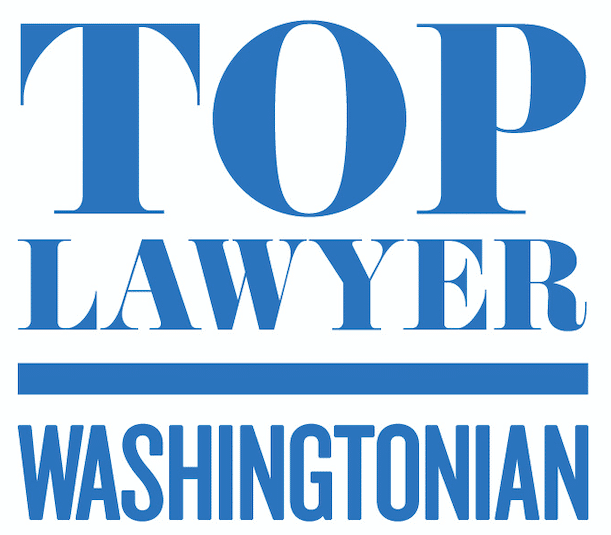
Pipeline Safety Whistleblower Protection Law
The Pipeline Safety Improvement Act of 2002 (“PSIA”) protects employees who blow the whistle on a violation of any order, regulation, or law related to pipeline safety.
The PSIA protects an employee who:
- Provides information to an employer or the federal government about a violation of any order, regulation, or law related to pipeline safety;
- Refuses to participate in an activity that would violate any order, regulation, or law related to pipeline safety;
- Testifies before Congress, or at any federal or state proceeding related to pipeline security; or
- Commences or participates in any proceeding related to pipeline safety.
An employee who refuses to perform a task because of a pipeline safety concern need not establish that the allegedly illegal practice in which he has refused to engage actually violated a Federal law relating to pipeline safety. He need only prove that his refusal to work “was properly communicated to the employer and was based on a reasonable and good faith belief that engaging in that work was a practice made unlawful by a Federal law relating to pipeline safety.” See Procedures for the Handling of Discrimination Complaints under Section 6 of the Pipeline Safety Improvement Act of 2002, 70 Fed. Reg. 17,889, 17,890-91 (Apr. 8, 2005)
Workers Protected Under the Pipeline Safety Whistleblower Protection Law
The PSIA applies to all employees, contractors, and subcontractors of pipeline facilities.
A “pipeline facility“ means a gas pipeline facility and a hazardous liquid pipeline facility. The regulations define a “gas pipeline facility“ to include “a pipeline, a right of way, a facility, a building, or equipment used in transporting gas or treating gas during its transportation” and a “hazardous liquid pipeline facility” to include a “pipeline, a right of way, a facility, a building, or equipment used or intended to be used in transporting hazardous liquid.”
Proving a Violation of Pipeline Safety Whistleblower Protection Law
To establish a violation of the PSIA whistleblower protection provision, the whistleblowers must prove by a preponderance of the evidence that:
- They engaged in protected conduct;
- The employer knew that they engaged in protected conduct;
- The employer took an adverse action; and
- The protected conduct was a contributing factor in the employer’s decision to take an adverse action against the whistleblower.
Prohibited Retaliation
The PSIA prohibits employers from discharging, disciplining or discriminating against a whistleblowing employee regarding pay, terms or privileges of employment. This includes blacklisting, termination, suspension, demotion, reduction in salary, failure to hire, or any act that would deter a reasonable person from engaging in protected activity.
Remedies Available to Prevailing PSIA Whistleblowers
A prevailing PSIA whistleblower can recover:
- Reinstatement,
- Lost wages and benefits,
- Damages for emotional distress and anguish, humiliation, harm to reputation, and other non-economic harms, and
- Attorneys’ fees and litigation expenses.
Filing a Pipeline Safety Whistleblower Retaliation Case
A pipeline safety whistleblower retaliation complaint must be filed initially with the Occupational Safety and Health Administration (OSHA) within 180 days of when the whistleblower knew or should have known that their employer was taking an adverse action against them. OSHA investigates the complaint and issues findings, which become final after 60 days unless the plaintiff objects and requests a hearing.
Either party can appeal OSHA’s determination by requesting a de novo hearing before the DOL Office of Administrative Law Judge (OALJ), but an employer’s objection to an order of preliminary relief will not stay the order of reinstatement. Once a PSIA retaliation claim has been pending before the DOL for more than 180 days, the whistleblower can remove the claim to federal court and try the case before a jury. PSIA retaliation claims are exempt from mandatory arbitration.
To learn about whistleblower rights and protections, click here.
Pipeline Safety Whistleblower Protection Lawyers
The leading whistleblower protection lawyers at Zuckerman Law have extensive experience representing corporate whistleblowers. U.S. News and Best Lawyers® have named Zuckerman Law a Tier 1 firm in Litigation – Labor and Employment in the Washington DC metropolitan area.
Call us today for a free confidential consultation about your pipeline safety whistleblower case. We can be reached at 202-262-8959 or by clicking here.













